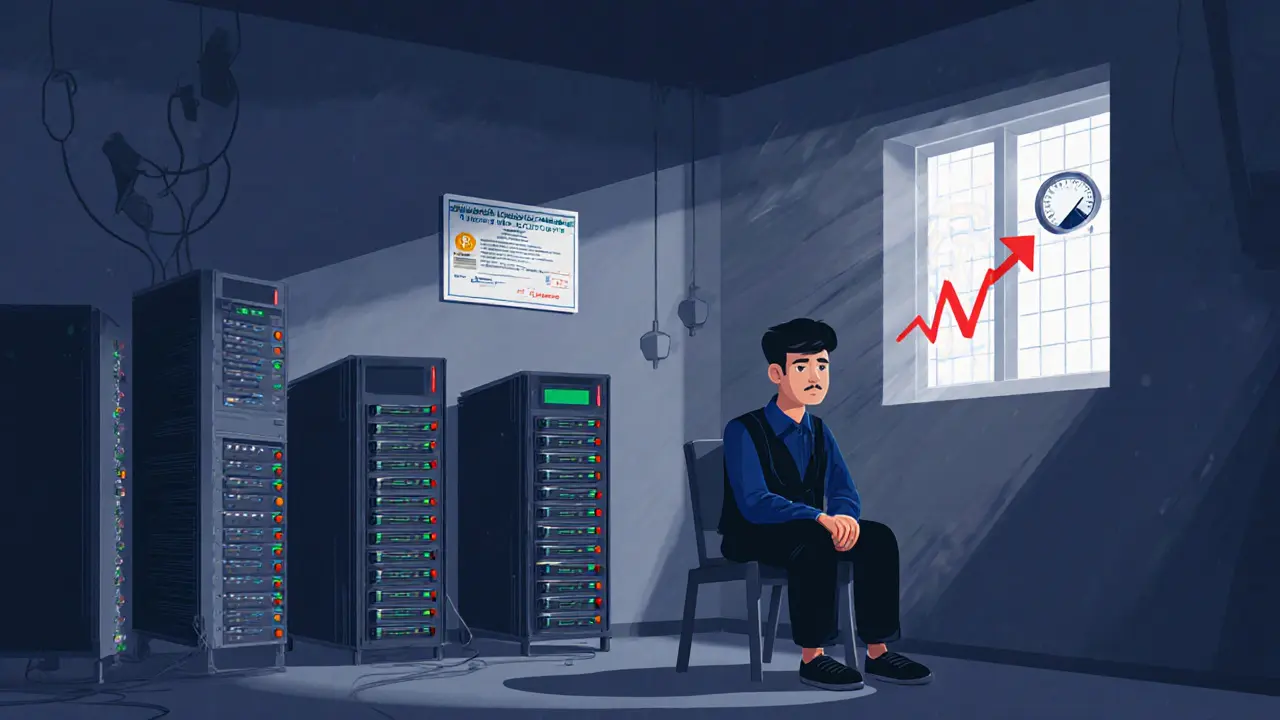Crypto mining in Iran is legal but tightly controlled. Miners must get licenses, pay high electricity rates, and face sudden bans during power shortages. State-backed operations ignore rules, making the environment risky for private and foreign miners.
Iran Cryptocurrency Law: What’s Allowed, Banned, and Why It Matters
When it comes to Iran cryptocurrency law, the legal framework governing digital assets in Iran, shaped by state control, economic sanctions, and energy policy. It’s not a simple ban—it’s a contradiction. You can mine Bitcoin, but you can’t use it to pay for groceries. You can hold crypto in a wallet, but you can’t trade it on local exchanges. This isn’t chaos—it’s control. Unlike China, where crypto is outright forbidden, Iran lets citizens mine and hold digital assets, but tightly restricts their use in the formal economy. The government doesn’t want you to bypass the rial, but it does want your electricity and your hardware.
Why? Because Iran is under heavy international sanctions. Traditional banking is cut off. The rial is collapsing. So the state turned to blockchain Iran, the local adoption and infrastructure of decentralized ledger technology, often used for mining and energy arbitrage as a workaround. Mining became a national project. Factories with cheap power turned into crypto farms. The government even started taxing mining profits—because they wanted a cut. But here’s the catch: while mining is tolerated, converting crypto to cash through local exchanges is illegal. You can’t buy Ethereum on an Iranian platform. You can’t sell Bitcoin to pay for imports. That’s where digital currency Iran, the state’s official digital version of the rial, designed to replace cash and monitor all transactions comes in. The central bank rolled out the digital rial to track every penny, leaving no room for crypto to become a real alternative.
So what does this mean for you? If you’re in Iran, you can mine, you can hold, and you can send crypto overseas—but you’re on your own. No legal protection. No recourse if an exchange vanishes. No way to cash out safely. If you’re outside Iran, this law shows how authoritarian regimes use crypto not to embrace decentralization, but to exploit it. They take your power, your hardware, your hash rate, and give you nothing but risk in return. The crypto ban Iran, the de facto prohibition on using cryptocurrency as a payment or exchange medium within Iran’s formal economy isn’t about fear of technology—it’s about fear of losing control.
The posts below dig into real cases: how Iranians bypass restrictions, why mining rigs are common in Tehran basements, what happens when the government cracks down on unlicensed exchanges, and how the digital rial is changing everyday life. You’ll find reviews of platforms people actually use, breakdowns of regulatory shifts, and warnings about scams targeting those desperate for a way out. This isn’t theory. It’s survival. And the rules are written in silence, not law books.
